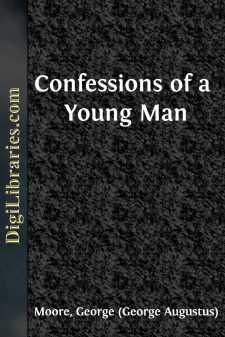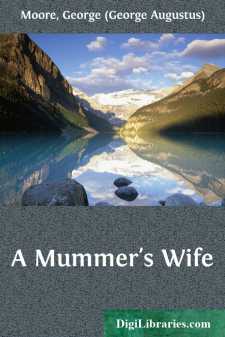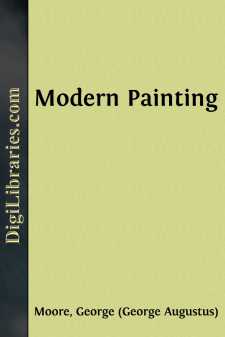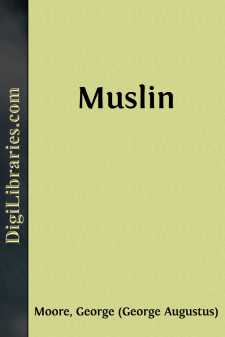Categories
- Antiques & Collectibles 13
- Architecture 36
- Art 48
- Bibles 22
- Biography & Autobiography 813
- Body, Mind & Spirit 142
- Business & Economics 28
- Children's Books 14
- Children's Fiction 11
- Computers 4
- Cooking 94
- Crafts & Hobbies 4
- Drama 346
- Education 46
- Family & Relationships 57
- Fiction 11829
- Games 19
- Gardening 17
- Health & Fitness 34
- History 1377
- House & Home 1
- Humor 147
- Juvenile Fiction 1873
- Juvenile Nonfiction 202
- Language Arts & Disciplines 88
- Law 16
- Literary Collections 686
- Literary Criticism 179
- Mathematics 13
- Medical 41
- Music 40
- Nature 179
- Non-Classifiable 1768
- Performing Arts 7
- Periodicals 1453
- Philosophy 64
- Photography 2
- Poetry 896
- Political Science 203
- Psychology 42
- Reference 154
- Religion 513
- Science 126
- Self-Help 84
- Social Science 81
- Sports & Recreation 34
- Study Aids 3
- Technology & Engineering 59
- Transportation 23
- Travel 463
- True Crime 29
Vain Fortune
Description:
Excerpt
I
The lamp had not been wiped, and the room smelt slightly of paraffin. The old window-curtains, whose harsh green age had not softened, were drawn. The mahogany sideboard, the threadbare carpet, the small horsehair sofa, the gilt mirror, standing on a white marble chimney-piece, said clearly, 'Furnished apartments in a house built about a hundred years ago.' There were piles of newspapers, there were books on the mahogany sideboard and on the horsehair sofa, and on the table there were various manuscripts,—The Gipsy, Act I.; The Gipsy, Act III., Scenes iii. and iv.
A sheet of foolscap paper, and upon it a long slender hand. The hand traced a few lines of fine, beautiful caligraphy, then it paused, correcting with extreme care what was already written, and in a hesitating, minute way, telling of a brain that delighted in the correction rather than in the creation of form.
The shirt-cuff was frayed and dirty. The coat was thin and shiny. A half-length figure of a man drew out of the massed shadows between the window and sideboard. The red beard caught the light, and the wavy brown hair brightened. Then a look of weariness, of distress, passed over the face, and the man laid down the pen, and, taking some tobacco from a paper, rolled a cigarette. Rising, and leaning forward, he lighted it over the lamp. He was a man of about thirty—six feet, broad-shouldered, well-built, healthy, almost handsome.
The time he spent in dreaming his play amounted to six times, if not ten times, as much as he devoted to trying to write it; and he now lit cigarette after cigarette, abandoning himself to every meditation,—the unpleasantness of life in lodgings, the charm of foreign travel, the beauty of the south, what he would do if his play succeeded. He plunged into calculation of the time it would take him to finish it if he were to sit at home all day, working from seven to ten hours every day. If he could but make up his mind concerning the beginning and the middle of the third act, and about the end, too,—the solution,—he felt sure that, with steady work, the play could be completed in a fortnight. In such reverie and such consideration he lay immersed, oblivious of the present moment, and did not stir from his chair until the postman shook the frail walls with a violent double knock. He hoped for a letter, for a newspaper—either would prove a welcome distraction. The servant's footsteps on the stairs told him the post had brought him something. His heart sank at the thought that it was probably only a bill, and he glanced at all the bills lying one above another on the table.
It was not a bill, nor yet an advertisement, but a copy of a weekly review. He tore it open. An article about himself!
After referring to the deplorable condition of the modern stage, the writer pointed out how dramatic writing has of late years come to be practised entirely by men who have failed in all other branches of literature. Then he drew attention to the fact that signs of weariness and dissatisfaction with the old stale stories, the familiar tricks in bringing about 'striking situations,' were noticeable, not only in the newspaper criticisms of new plays, but also among the better portion of the audience....












